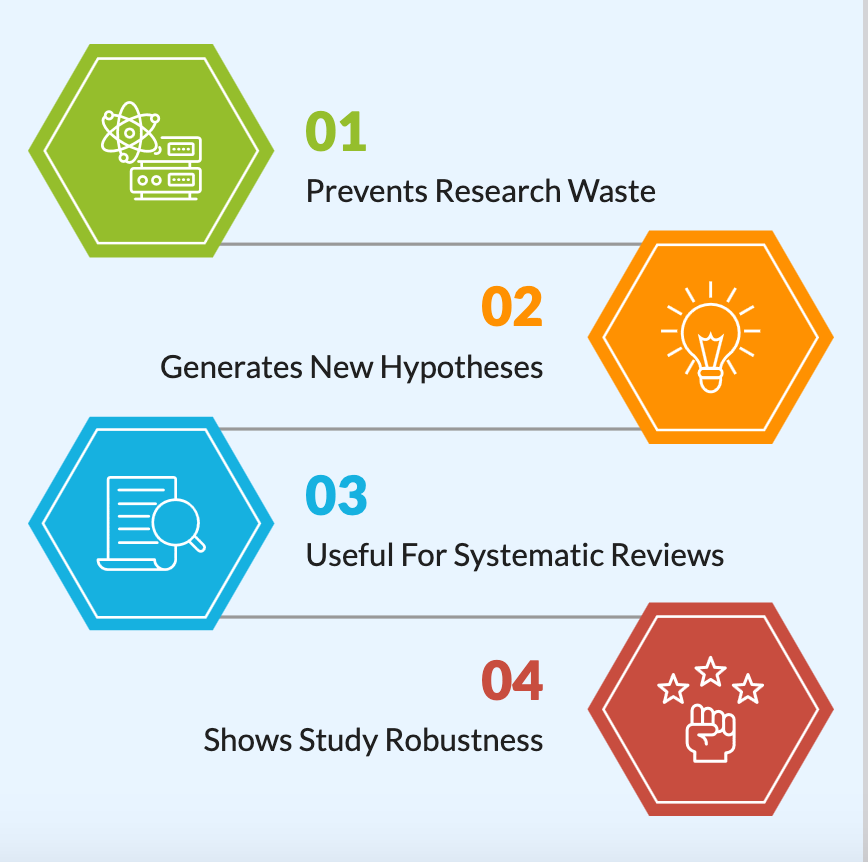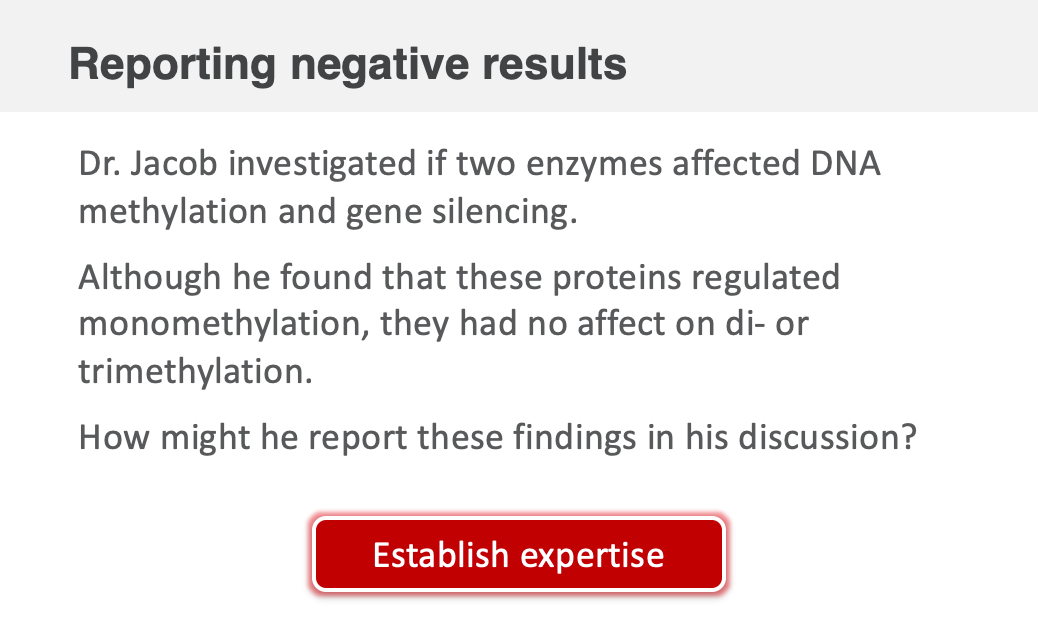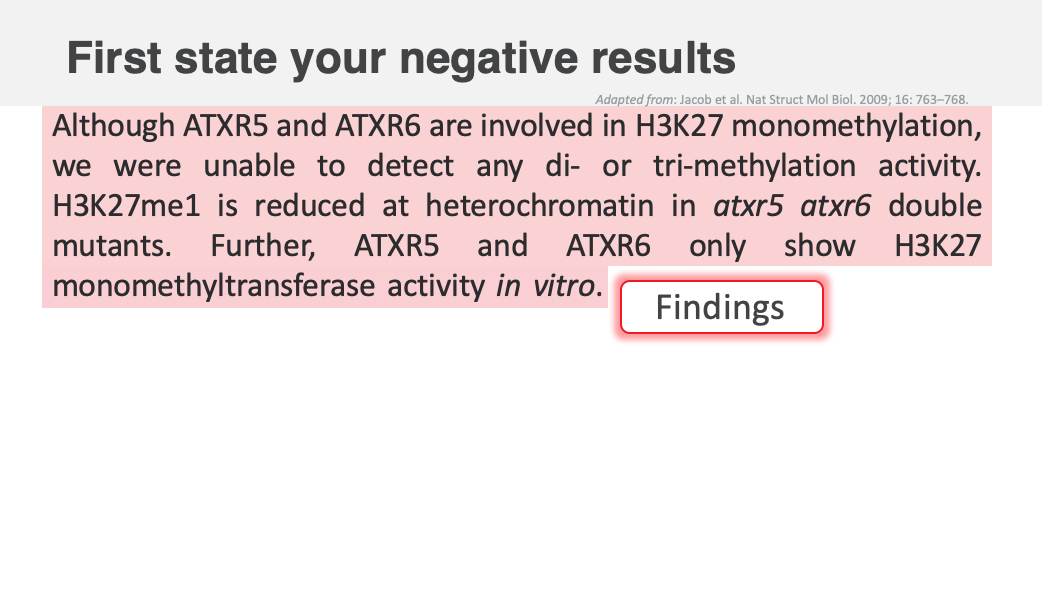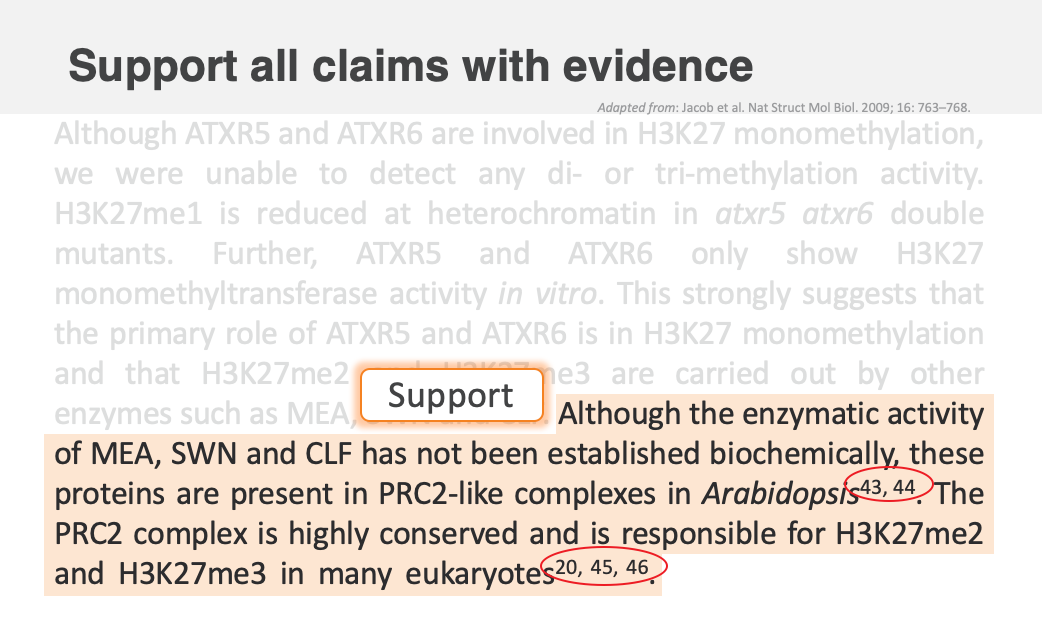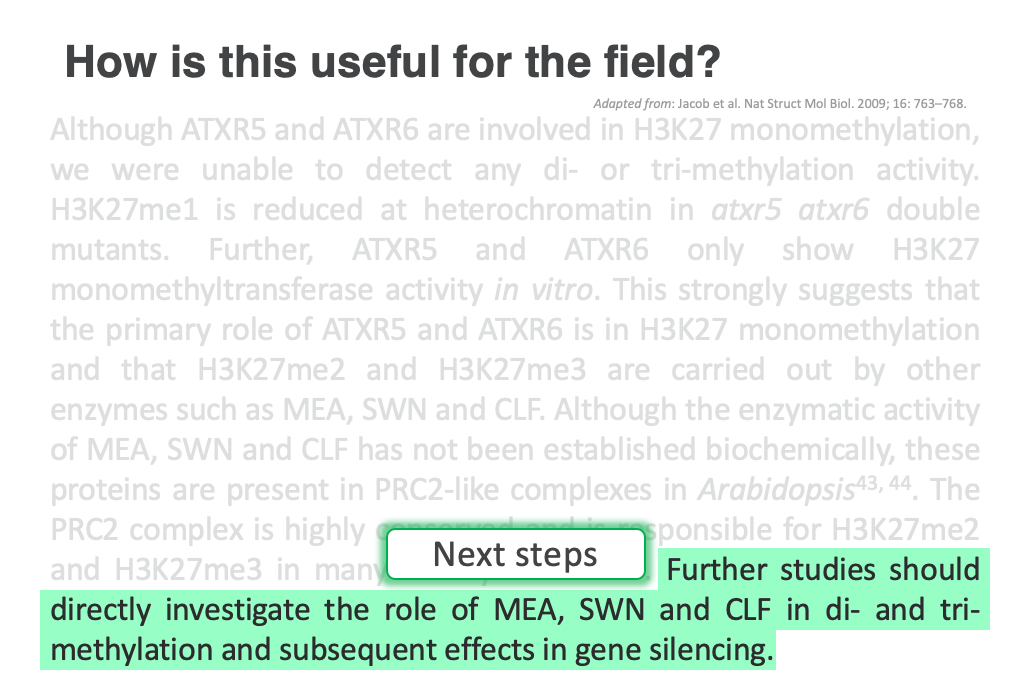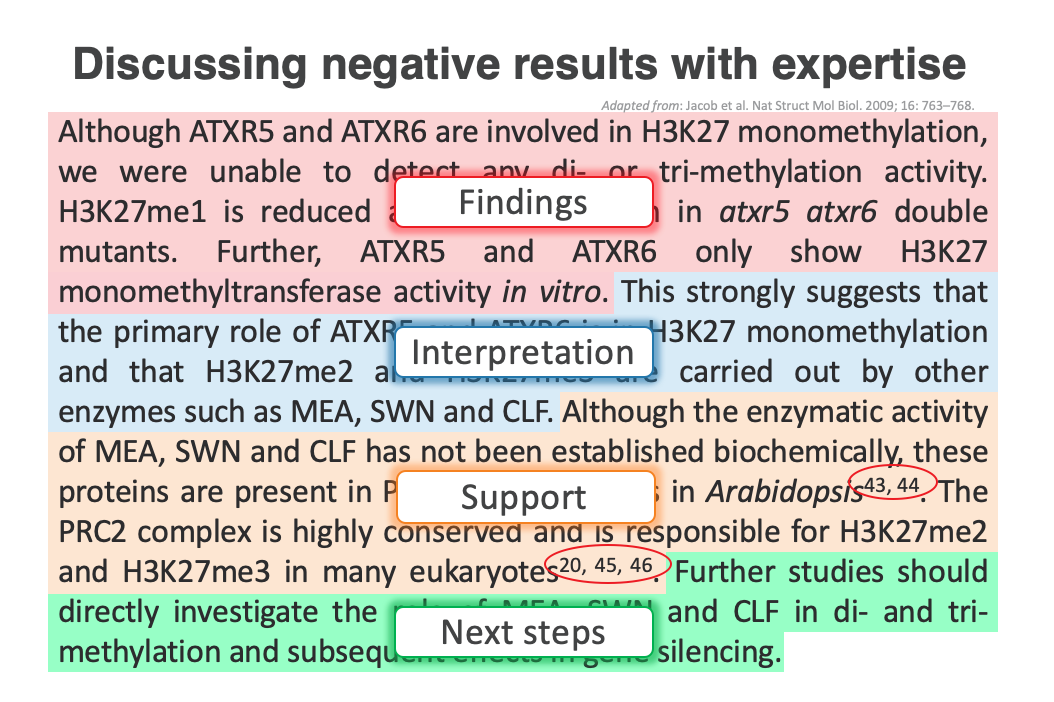Sharing is Caring: The Importance of Sharing Negative Results in Research (update)
Why are some researchers afraid to share negative results? We discuss ...
One v. common question from workshops: Should I share my negative results? YES!!!
This issue is often in the News: Check out this News Focus published in Nature ….. We Discuss in this article ….
The pursuit of knowledge is a dynamic and evolving process. Researchers dedicate countless hours to exploring hypotheses and conducting experiments, each aimed at uncovering new insights and advancing our understanding of the world. However, amidst the victories and breakthroughs, there lies an often overlooked but crucial aspect of scientific discovery – the sharing of negative results. Don’t be afraid to share these with other researchers (we’ll look at HOW below).
In this blog post, we will delve into why it is imperative for researchers to embrace transparency and share their negative results with the broader scientific community.
Although it can be hard to find an outlet for negative experimental results, it is nevertheless extremely important to share these with the research community.
Perhaps as a preprint? Or in the Discussion of an article where position results are presented? (see Below)
Fostering a Culture of Collaboration
One of the primary reasons to share negative results is to foster a culture of collaboration within the scientific community. By openly sharing findings that did not yield the expected outcomes, researchers provide valuable information that can prevent others from pursuing similar paths, saving time and resources. This collaborative spirit promotes efficiency and ensures that collective efforts are directed toward more promising avenues of research.
Avoiding Repetition of Mistakes
Failure is an inherent part of the scientific process, and negative results can often provide crucial insights into what doesn't work. By sharing these findings, researchers contribute to a collective knowledge base that helps prevent the unnecessary repetition of mistakes. This not only saves resources but also accelerates the overall pace of scientific discovery by steering researchers away from unproductive paths.
Enhancing Research Reproducibility
Reproducibility is a cornerstone of scientific research. When negative results are shared alongside positive findings, it contributes to a more comprehensive understanding of a particular phenomenon. This transparency allows other researchers to validate and replicate experiments, providing a robust foundation for building upon existing knowledge. In turn, this strengthens the reliability and credibility of scientific research.
Encouraging Critical Thinking
Negative results challenge the status quo and encourage critical thinking within the scientific community. When researchers openly share outcomes that contradict prevailing theories or hypotheses, it prompts a reevaluation of existing assumptions. This intellectual honesty drives a deeper understanding of the complexities inherent in scientific inquiry and encourages a more nuanced approach to problem-solving.
Ethical Considerations
Transparency in research is not only a matter of scientific integrity but also an ethical imperative. Concealing negative results can lead to biased literature, distorting the overall scientific narrative. By sharing both successful and unsuccessful outcomes, researchers uphold ethical standards and contribute to a more balanced and truthful representation of their work.
In the pursuit of scientific knowledge, sharing negative results is not a sign of failure but rather a testament to the integrity of the research process. Embracing transparency in the face of setbacks fosters collaboration, prevents the repetition of mistakes, enhances reproducibility, encourages critical thinking, and upholds ethical standards. As researchers, it is our collective responsibility to contribute not only to the advancement of knowledge but also to the cultivation of a culture that values the truth, however inconvenient it may be.
One way to report NEGATIVE RESULTS in an Article
A published example:
A template to follow:
Thus, in SEQUENCE:
And expand, in the DISCUSSION:
Stuck for a place to publish NEGATIVE RESULTS!? WHY NOT Preprint them?
A preprint is a research article draft completed prior to publication that is then publicly shared by the author(s) prior to, or after, formal, journal-controlled peer-review but before publication. Preprints are documents that are often not typeset or built into online content.
How can authors benefit from Preprint servers?
One big advantage of putting out your research work in preprint form is that you, the author(s), are also able to choose to assign these documents a digital object identifier (DOI) number. Assignment of a DOI even at an early stage means that your work, your results, your figures and data, can be cited by others without waiting for the full published article to appear.
Preprints have proved popular with academic authors because they enable content sharing before formal peer-reviewed publication, a process that can often be very slow.
What is a preprint server?
Preprint servers are online repositories for preprints.
A number of ‘preprint servers’ have been created and developed to host this kind of content, sometimes controlled by publishers, scholarly societies, or other – often subject-specific – organisations. You can click here to see a complete list and find a server suitable for your research area.







